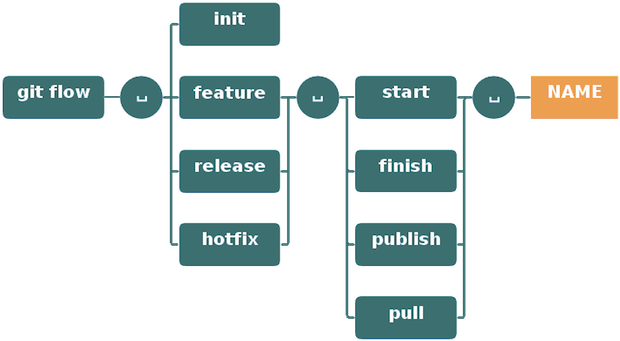Git Flow


Git Flow Summary
Git Flow is a branching model and workflow that provides a structured approach to managing and organizing code changes in a Git repository. It was introduced by Vincent Driessen and has become a popular approach for collaboration in software development teams.
Branches:
masterbranch: Represents the production-ready code and should always contain stable, deployable versions of the project.developbranch: The main development branch where new features are integrated and tested before being merged into themasterbranch.
Feature Branches:
- Feature branches are created from the
developbranch and used to develop new features or enhancements. - Each feature branch is dedicated to a specific feature and is named descriptively (e.g.,
feature/login-page). - Once a feature is complete, the branch is merged back into the
developbranch.
Release Branches:
- Release branches are created from the
developbranch when preparing for a new production release. - These branches allow for final testing, bug fixing, and minor adjustments before merging into the
masterbranch. - After the release branch is ready, it is merged into both
masteranddevelopbranches. - The merge into
masteralso involves tagging the release with a version number.
Hotfix Branches:
- Hotfix branches are created from the
masterbranch to quickly address critical production issues. - They allow for immediate fixes without interrupting the regular development process.
- Once the hotfix is complete, it is merged back into both
masteranddevelopbranches. - Similar to release branches, the merge into
masterincludes tagging the fix with an updated version number.

